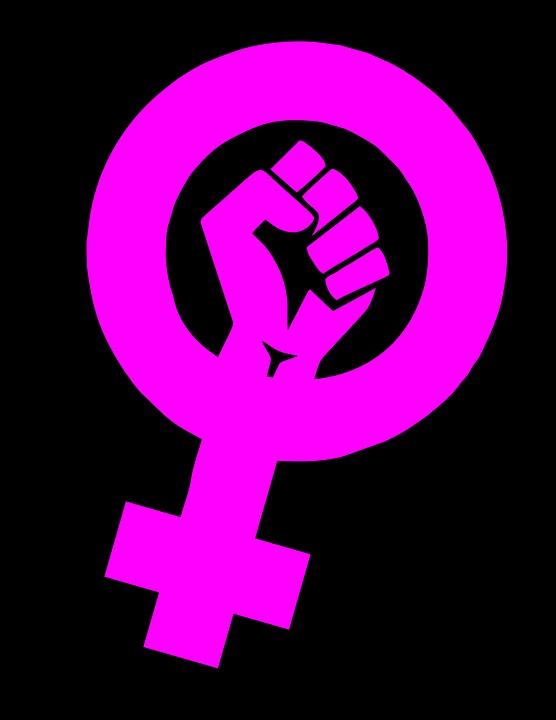I just finished reading a thought-provoking book titled, The Power, by Naomi Alderman. Following its publication in 2016, it won the Baileys Women’s Prize for Fiction in the UK, was named one of the 10 best books of 2017 by The New York Times and was also cited by former President Barack Obama as one of his favorite books that year. Yet two of my “smart friends” who read the book didn’t find it well written. So much for literary criticism.
The main story, set in present day, imagines that women, young and old alike, suddenly develop the power to deliver forceful electric shocks using just their hands, much as electric eels do. As to the effects of this change spread around the world, the story follows its characters: Margot, a US politician; Allie, a girl who killed her abusive father with the power; Roxy, the daughter of a London mobster; and finally, Tunde, a journalist of sorts, and the primary male character. The book explores what happens when women, some of whom have lived in extremely repressive environments, are suddenly physically more powerful than the men around them. In that sense, it’s not only electric power that the women possess, it’s the power to protect themselves and impose their will upon others.
Speaking to National Public Radio, Alderman described the book this way: “If you were able to live your life as if you were able to cause hurt when you needed to, your life would be so different, even if you never ever had to do it.” Of course, as the story progresses, the ability to hurt is both used and abused. There are some wrenching moments in the book, but the fear that the male character Tunde experiences because of his relative powerlessness has remained the most enlightening bit for me (as the father of daughters who have probably experienced something similar). It’s counterpoint to a quote by the author of The Handmaid’s Tale, Margaret Atwood who said, “Men are afraid women will laugh at them. Women are afraid men will kill them.”
The Washington Post said The Power is “The Handmaid’s Tale for the current generation.” (It’s hard to believe Atwood’s book was published more than 30 years ago, in 1985). Just as it’s clear that we don’t live in a post-racial society—all too obvious in events that have followed the 2016 Presidential Election—it’s also clear we don’t live in a post-gender society either. The #MeToo movement and Black Lives Matter, and even the repugnant resurgence of misogyny and racism in America all stem from issues of power: who has it, who doesn’t, whose is on the rise or in decline. And most importantly, what is the proper use of it.
Perhaps the most unsettling aspect of the story is that, when given power, some women become as violent and oppressive as the men they despise. And there’s even a reflection of the “burn it to the ground and start over” approach that some feel is the only way to a better world for all. It’s a quick read, and, like me, you may be thinking about it for some time after you finish. Needless to say, The Power has already been optioned for television. I hope you’ll take time to read Alderman’s work, and let me know what you thought.
On a technical note
I’ve strayed a bit from my technology and business theme so let me offer you this bit of news that I believe is potentially important. Businesses using the Square payments service can now offer their customers the ability to pay for a purchase over three, six, or 12 months. The new service is called Square Installments, and offers real-time credit approval using a simple application. Interest rates vary from zero to 24 percent, depending on the customer’s credit rating and other factors. It’s available in 22 states, including California.
You’ve probably seen and used the Square payments service. The place I get haircuts uses it to enable credit card payments. A little square device (hence, Square) that plugs into a smartphone lets you swipe the credit card’s magnetic stripe. There are also tablet-based products. Food trucks and mom-and-pop retailers are places you’re likely to encounter Square.
Why is this important? Square cites research that found 68 percent of consumers would be more likely to consider purchasing from a small or local business of it offered financing. Businesses can find out more at squareup.com/installments, or view the customer application experience at squareinstallments.com.
Promotional blurb: Readers who make it as far as the short bio at the bottom of my column know that I work for KIXEYE, a mobile gaming company based in San Francisco. We’ve now unveiled the game I’ve been working on for the last 11 months: Kingdom Maker. Think of it as “Farmville meets Game of Thrones”, where the goal is to become the most powerful noble in the realm. You can see our promotional teaser and sign up for the limited beta at www.KingdomMakerGame.com.





